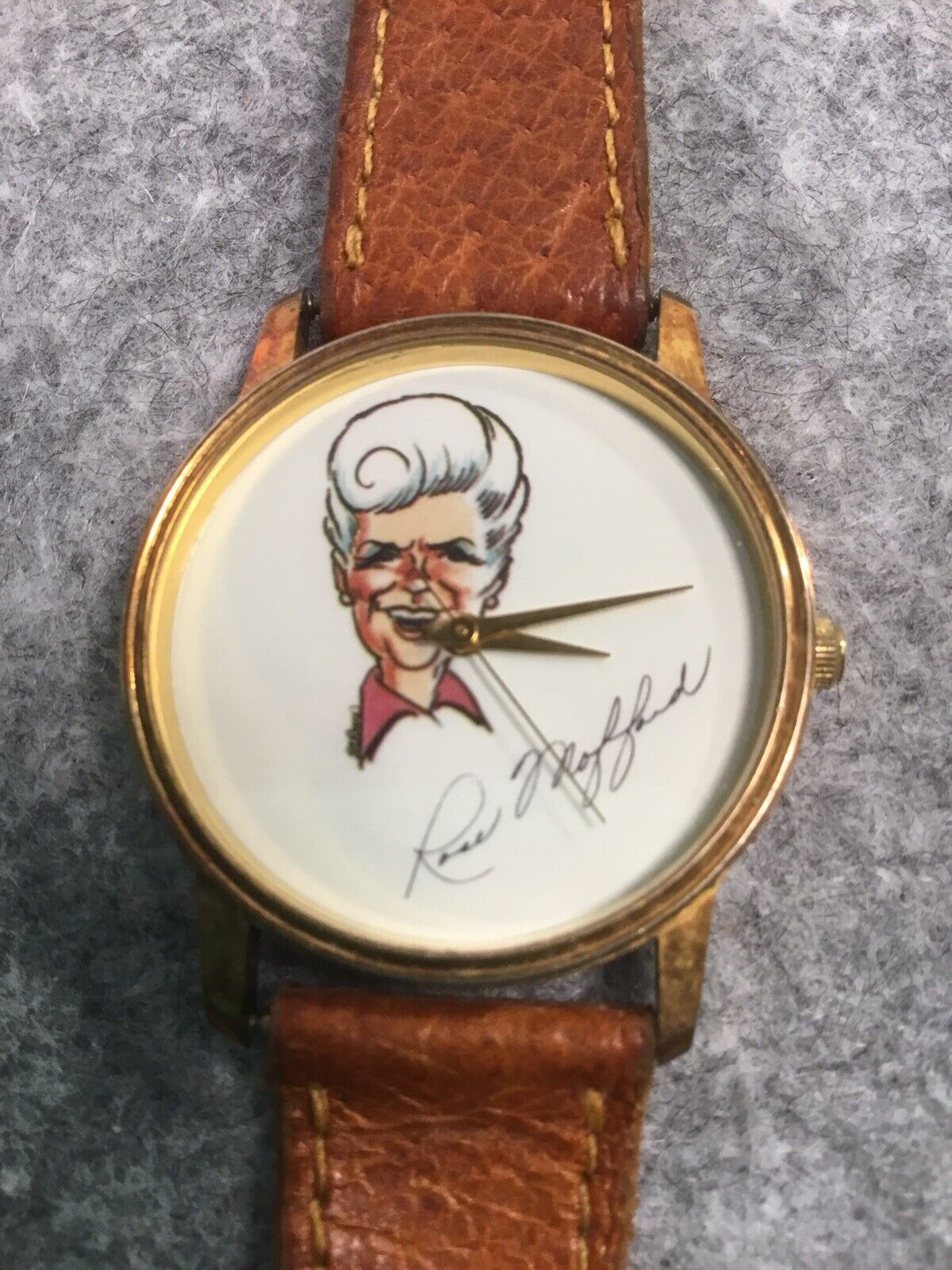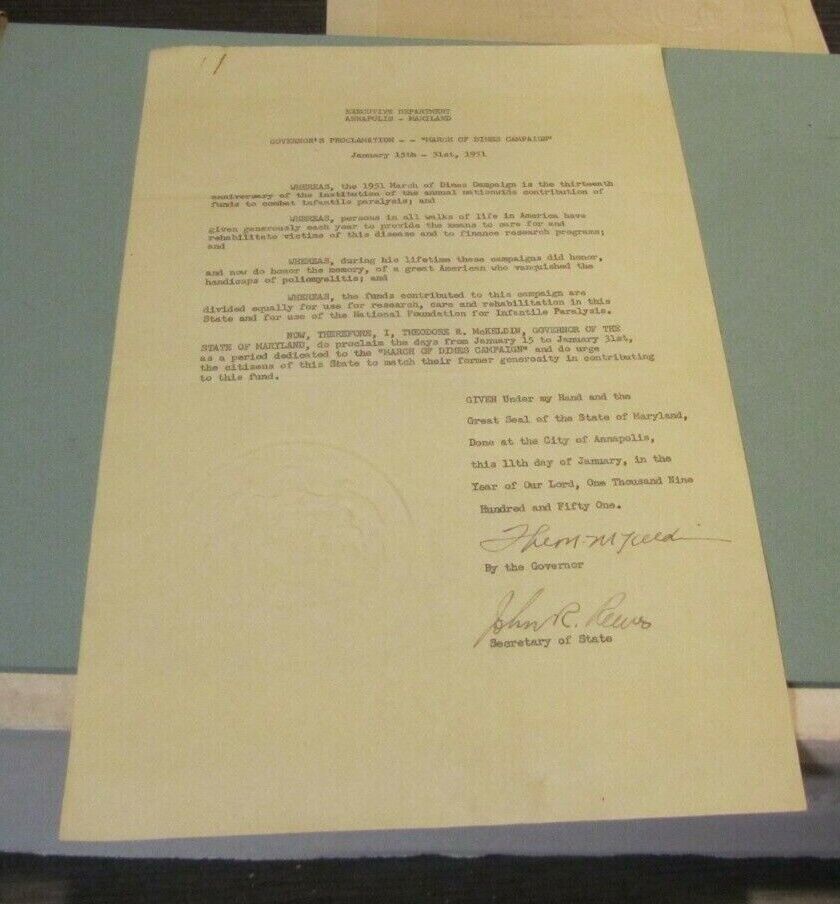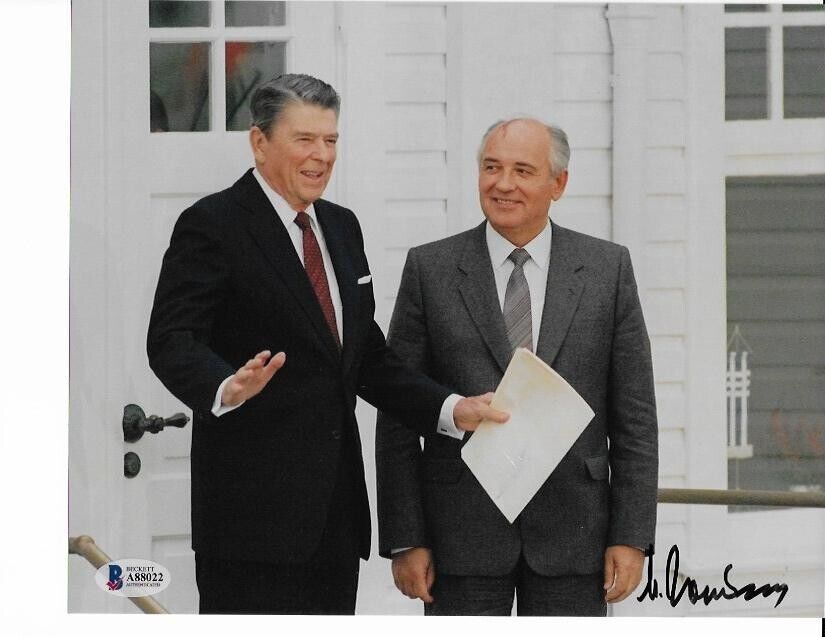-40%
"Secretary of the Treasury" John Canfield Spencer Cut Signature JG Autographs
$ 55.43
- Description
- Size Guide
Description
Up for auction the "Secretary of the Treasury" John Canfield Spencer Cut Signature.This item is certified authentic by JG Autographs and comes with their Certificate of Authenticity.
ES-9862
John Canfield Spencer
(January 8, 1788 – May 17, 1855) was an American lawyer, politician, judge and
United States Cabinet
secretary in the administration of
President
John Tyler
.
John Canfield Spencer was born on January 8, 1788 in
Hudson, New York
. He was the oldest child of
Ambrose Spencer
, Chief Justice of the New York Supreme Court, and his first wife, Laura Canfield (1768–1807).
[2]
His sister, Abby Spencer (1790–1839), was married to Albany Mayor
John Townsend
.
His younger brother, William Augustus Spencer (1792–1854), was married to Eleanora Eliza Lorillard (1801–1843), the daughter of
Peter Abraham Lorillard
. His brother, Ambrose Spencer, Jr., was killed at the
Battle of Lundy's Lane
. After the death of his mother in 1807, his father married Mary Clinton (1773–1808) in 1808. Mary was the daughter of
James Clinton
and sister of New York Governor
DeWitt Clinton
. After Mary's death later that same year, his father remarried again to Katherine Clinton (1778–1837), Mary's sister.
He graduated from
Union College
in 1806, became secretary to
New York Governor
Daniel D. Tompkins
in 1807, studied law in
Albany, New York
, and was
admitted to the bar
in 1809.
After commencing practice in
Canandaigua, New York
in 1809, Spencer became a master of
chancery
in 1811.
During the
War of 1812
, Spencer served in the
United States Army
where he was appointed
brigade
judge advocate general
for the northern frontier.
[1]
He was
postmaster
of Canandaigua, New York in 1814, became assistant
attorney general
and
district attorney
for the five western
counties
of New York in 1815 and was elected a
Democratic-Republican
to the
United States House of Representatives
in 1816, serving from March 4, 1817, to March 3, 1819. He was a member of the committee that reported unfavorably on the affairs of the
Second Bank of the United States
.
In
1819
, he was the Clintonian candidate for
U.S. Senator from New York
, but due to a three-cornered contest with Bucktail
Samuel Young
and Federalist
Rufus King
, no-one was elected. He was a member of the
New York State Assembly
from 1820 to 1822, and was
Speaker
in 1820. He was a member of the
New York State Senate
from 1825 to 1828.
In 1826, Spencer served as a
special prosecutor
to investigate the disappearance of
William Morgan
who was arrested,
kidnapped
and murdered for exposing secrets kept by
Freemasons
, thus sparking the
Anti-Masonic movement
. Spencer sided with the anti-Masons and was the author of a manuscript on
Masonic rituals
. He was again a member of the New York Assembly from 1831 to 1833 and moved to
Albany, New York
in 1837. He edited the
English
edition of
Alexis de Tocqueville
's
Democracy in America
and served as
Secretary of State of New York
from 1839 to 1841. In 1841,
President
John Tyler
appointed Spencer to be
Secretary of War
in his administration. As War Secretary, he proposed a chain of posts extending from
Council Bluffs, Iowa
to the
Columbia River
. He also recommended that the government adhere to arrangements made by Army commanders in the field for compensation of the
Creek Indians
, who had been forced to move west of the Mississippi. In 1842, his nineteen-year-old son,
Philip Spencer
, a
midshipman
, was executed without
court-martial
along with two other sailors aboard the brig
USS
Somers
for allegedly attempting
mutiny
. In 1843, Spencer was appointed
Secretary of the Treasury
after the resignation of
Walter Forward
. As Treasury Secretary, he was preoccupied with the
tariff
and believed that the deficit and other federal expenditures should be funded by duties on imports rather than by internal taxation, something he was forced to announce for the
fiscal year
in 1843.
[12]
The expenditures of the treasury had exceeded its receipts and he advocated additional import duties on articles such as
coffee
and
tea
. To help fund the federal deficit he engaged in controversial issues of
Treasury Notes
. He also continued to develop a plan, originally initiated by Forward, for a Board of
Exchequer
to keep and disburse public funds raised by duties. The Exchequer bill, which reflected continuing interest in some form of independent treasury system, failed due to a political conflict in the
United States Congress
.
President Tyler nominated Spencer to be an
Associate Justice
of the
Supreme Court
twice, first in January 1844 to fill
Smith Thompson
's seat and again in June of the same year to fill
Henry Baldwin
's seat, but the Senate failed to confirm him both times.










